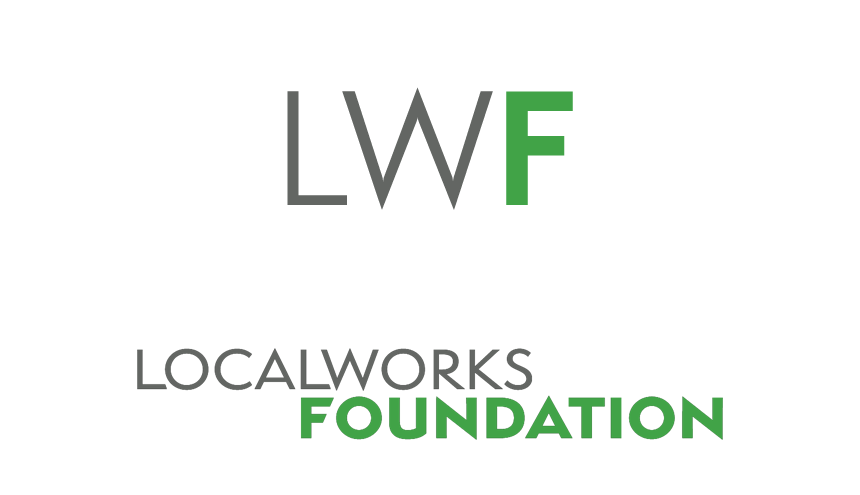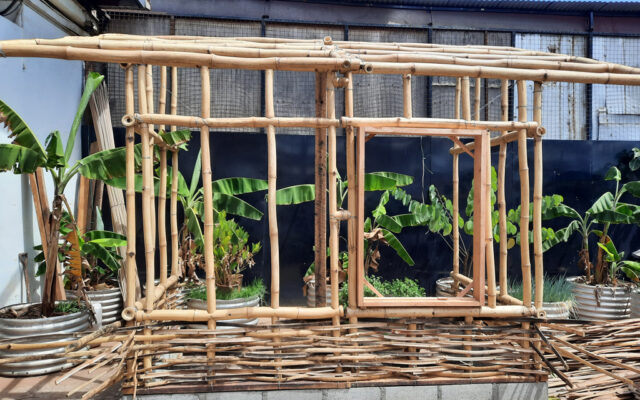



The Localworks Foundation from Uganda is envisioning a modular self-build bamboo house, designed and manufactured by construction professionals, and assembled and finished by the house owners and users. The modules will be delivered to site as ‘flatpacks’, just like a piece of Ikea furniture, and will be made entirely out of bamboo. No screws and bolts will be used to make and connect the panels, instead, traditional bamboo dowels and ordinary plastic cable ties will ensure a super-fast and simple assembly.
The house can grow with time, just like its owners’ income and needs grow. A one-room starter kit of 29sqm will allow for a family’s transitioning into a formalised structure. The target cost for this module is $2,000, or $70 per sqm, which is much lower than average building prices in Uganda1. Over time, each home can then grow incrementally, with each module available to be added to the back (modules 2 and 3) and the front (module 4) of the house, eventually resulting in a 75 sqm large self-contained 3-bedroomed house with shop.
Our proposal focuses on the use of bamboo as the primary structural material of the house. Bamboo is currently gaining momentum in Uganda but there is limited knowledge of how it can be safely used for construction. We believe using it for a replicable and incremental model that addresses a staggering housing shortage could stimulate and sustain an entire industry in the future.
Durability and low maintenance are key to the design idea. The prefabricated bamboo panels will all be treated in an environmentally friendly Borax solution. They will be placed on metal brackets fixed on pre-cast concrete pad foundations so as to keep them well protected from rising dampness. Once assembled, users will finish their houses in unstabilised earth plaster – a traditional construction method and skill that is still widely available in Uganda’s rural context. If funds allow, this finish can later be improved with a more durable lime finish.
Given the simplicity and lightness of the panelised proposal, we believe that a module can be completed in less than a month – an important advantage in order to reduce cost and help addressing the housing crisis.

research
Leave a Comment